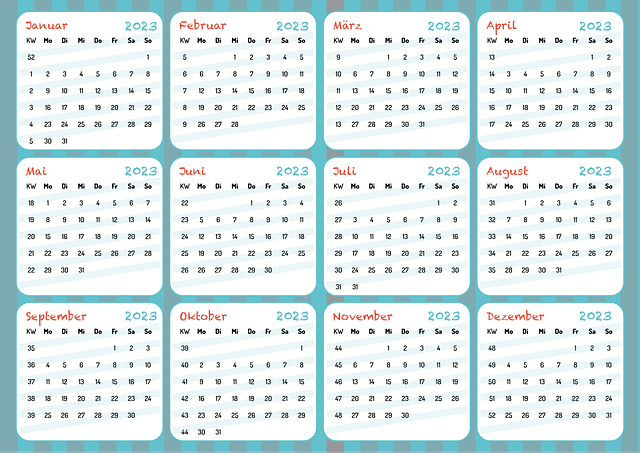Successful event planning for local businesses involves understanding the community, defining clear goals, strategically choosing venues and timing, and effective marketing using SEO keywords like "Event Planning for Local Businesses." By fostering connections, promoting knowledge sharing, and catering to specific interests, events maximize investment and drive economic growth.
Local businesses thrive on community engagement. Strategically planned events can foster connections, boost brand visibility, and drive growth. This guide delves into the essential aspects of event planning for local businesses, from understanding your target audience within the local business community to marketing your event effectively. Discover how the right venue, timeline, and promotional strategies can make your next gathering a success story.
- Understanding Your Local Business Community
- Defining Event Goals and Target Audience
- Choosing the Right Venue and Timeline
- Marketing and Promoting Your Local Business Event
Understanding Your Local Business Community

Understanding your local business community is a fundamental step in successful event planning. By delving into the fabric of your area, you can identify key players, potential partners, and attendees who drive the economic pulse of your region. Event planning for local businesses isn’t just about organizing an assembly; it’s about fostering connections, promoting growth, and creating opportunities that resonate within the community.
Local business events strategically planned can act as a catalyst for networking, knowledge sharing, and innovation. They provide a platform for entrepreneurs to showcase their products and services, while also offering valuable insights and learning experiences. Engaging with your local business community means recognizing diverse needs, understanding unique challenges, and tailoring events that cater to the specific interests and goals of your target audience within that ecosystem.
Defining Event Goals and Target Audience

Defining event goals is a pivotal step in successful event planning for local businesses. It involves identifying what you want to achieve, whether it’s enhancing brand visibility, generating leads, or fostering community engagement. When planning, consider your target audience—the specific demographic and interests of those you aim to attract. Aligning event objectives with the desired attendee profile ensures focused marketing efforts and maximizes return on investment for local businesses.
For instance, if a local tech startup aims to connect with potential investors and industry partners, their event goals might include securing funding and establishing valuable partnerships. In this case, the target audience would be high-net-worth individuals and venture capitalists specializing in the technology sector. Crafting an event that appeals to these specific interests and needs is crucial for attracting the right attendees and achieving set objectives.
Choosing the Right Venue and Timeline

When planning local business events, selecting the perfect venue and timeline is paramount. The ideal location should cater to your event’s purpose, whether it’s a networking meetup or a grand product launch. Consider venues that align with your target audience, offering ample space for participation and accommodating any special requirements, such as audio-visual equipment or catering services.
Timing plays a crucial role in event success. Choose dates and times that avoid clashing with other major local events or public holidays to ensure maximum attendance. A well-planned timeline should also account for setup, registration, and teardown periods, ensuring a smooth flow throughout the event. This strategic approach enhances participant experiences and increases the likelihood of positive engagement and word-of-mouth promotion.
Marketing and Promoting Your Local Business Event

Marketing and promoting your local business event is crucial for its success, especially when competing with other attractions in your community. Start by creating a captivating event description that highlights unique aspects, like interactive workshops or networking opportunities, to set your event apart. Utilize social media platforms, targeting local groups and communities, to spread the word and engage potential attendees. Consider partnering with local influencers or businesses for cross-promotion, expanding your reach even further.
Design visually appealing graphics and catchy event hashtags to create buzz online. Incorporate these elements into your event website and promotional materials, ensuring consistency across all channels. Additionally, leverage email marketing by sending personalized invitations to previous customers and industry contacts. Offer early bird discounts or exclusive perks for early registration to encourage timely sign-ups and generate initial interest in upcoming local business events.
Strategic event planning is a powerful tool for local businesses to foster community engagement, enhance brand visibility, and attract new customers. By understanding your target audience, setting clear goals, selecting suitable venues, and implementing effective marketing strategies, you can create memorable experiences that contribute to the vibrancy of your local business landscape. Incorporating these practices into your event planning routine will not only benefit your business but also enrich the overall entrepreneurial ecosystem in your area.



